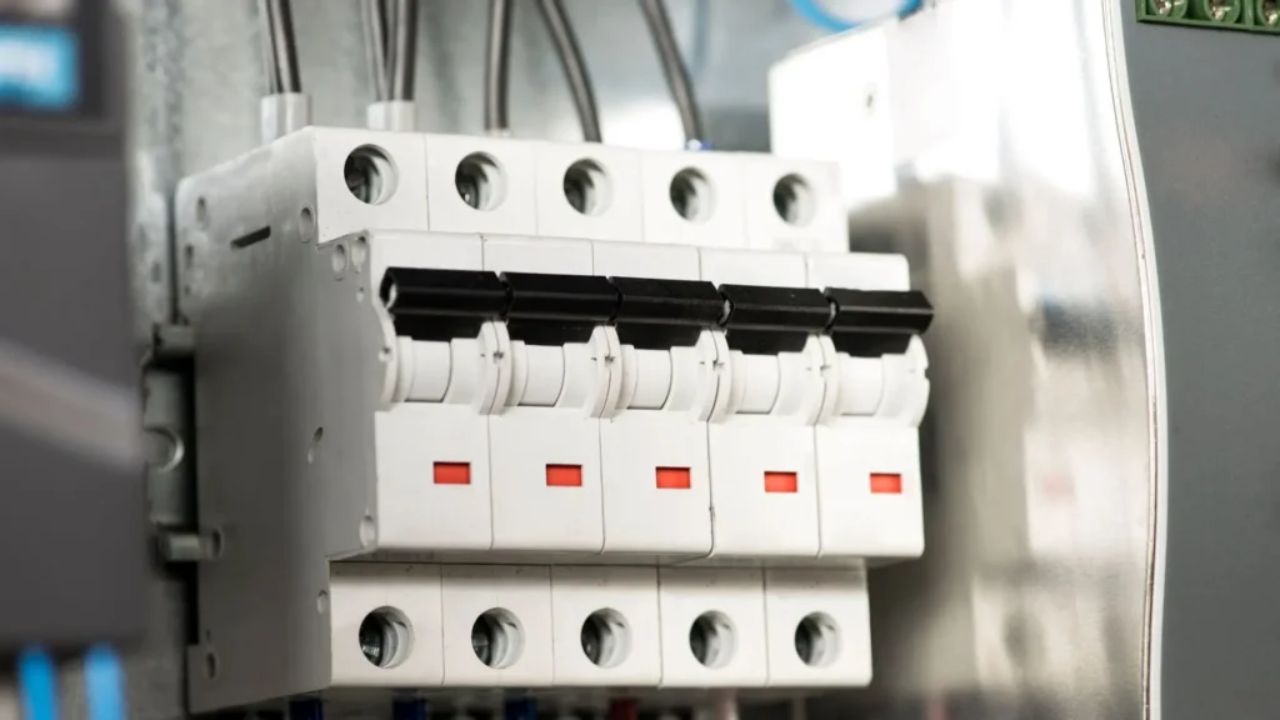
The Importance of Material Testing in Steel Pipe Production
Steel pipes function as vital elements throughout construction projects and oil and gas operations as well as water distribution systems and chemical processing facilities. Steel pipe quality together with durability and performance depends directly on the materials used in manufacturing. Material testing stands as an essential procedure which confirms steel pipes fulfill their designated application requirements. Tianjin United Steel Piping Co., Ltd is a leading manufacturer of steel pipes. This article examines the vital role of material testing in steel pipe manufacturing to ensure quality control performance verification and safety standards.
Ensuring High-Quality Production Standards
Material testing serves as an essential requirement to guarantee steel pipes meet their highest possible quality standards from production start to finish. Steel manufacturers produce pipes from different steel grades which exhibit specific mechanical characteristics including tensile strength ductility and corrosion resistance. The verification of material properties through testing remains essential to confirm that materials fulfill their designated specifications. Quality control procedures including chemical composition analysis and mechanical testing enable manufacturers to detect steel impurities and variations that threaten material strength and operational performance. Manufacturers use material testing to maintain process consistency which results in steel pipes that fulfill international standards.
Verifying Mechanical Properties
Material testing in steel pipe production relies heavily on mechanical testing as its primary fundamental component. The steel’s mechanical properties including yield strength tensile strength and elongation establish the pipe’s resistance to internal pressure external forces and environmental challenges during operational use. The oil and gas industry demands steel materials that demonstrate superior strength capabilities and corrosion resistance because its pipes operate within aggressive environments and high-pressure conditions. Steel mechanical properties are evaluated through three fundamental testing methods which include tensile testing impact testing and hardness testing. The testing procedures confirm that pipes maintain their performance standards when operating in demanding situations.
Assessing Corrosion Resistance
The production of steel pipes heavily depends on corrosion resistance as a fundamental requirement. Steel pipes must endure exposure to harsh environmental elements which include water exposure chemical contact and temperature changes. Steel pipes without adequate corrosion resistance will degrade through time which leads to leaks and structural failures and creates substantial safety hazards. Material testing through salt spray testing electrochemical testing and accelerated weathering tests enables manufacturers to determine steel resistance to corrosion. Material testing reveals steel resistance to oxidation and other corrosion types which helps manufacturers pick suitable coating or alloying materials for extended pipe life.
Minimizing Risks and Reducing Costs
Material testing investments during steel pipe production help manufacturers prevent product failures that result in expensive repairs product recalls and legal consequences. Material testing enables manufacturers to identify production problems before they result in market-ready products with defects. Through comprehensive material testing, manufacturers can avoid wasting their raw materials. Manufacturers who use only premium steel materials in their production operations eliminate the requirement for reprocessing or material replacement which saves both time and money. The preventive quality control strategy leads to more economical production operations while delivering better customer satisfaction.
Supporting Innovation and Development
Material testing enables the advancement of both new steel alloys and improved manufacturing methods. The evolution of industries requires steel pipe manufacturers to adjust their operations to emerging material requirements. Material science research and development teams depend on sophisticated testing methods to evaluate experimental alloys and coatings during their performance assessment. New alloys demonstrate improved characteristics which include stronger composition lighter weight and better corrosion resistance. Manufacturers conduct thorough material testing to determine which innovative developments will succeed so they can launch new improved products.
Improving Overall Performance and Reliability
The main objective of material testing in steel pipe production focuses on delivering products that deliver reliable performance throughout their operational lifespan. Steel pipes operate in critical applications without tolerance for failure including oil pipelines water distribution systems and pressure vessels. The long-term performance of these pipes depends on steel materials that fulfill their designated mechanical and chemical property requirements. Material testing delivers essential data to manufacturers who use it to enhance their production methods and choose optimal materials while sustaining high-quality standards across their manufacturing process. Manufacturing processes produce durable products that deliver enhanced performance alongside reliability and safety benefits.
Conclusion
Material testing stands as an essential foundation for steel pipe manufacturing because it establishes the product’s quality standards durability levels and safety features. Material testing serves as a fundamental process that verifies mechanical properties while evaluating corrosion resistance to maintain industry standards minimize risks and support innovation. Manufacturers who implement thorough testing methods produce steel pipes that satisfy global industry requirements thus ensuring the durability and safety of essential infrastructure.


